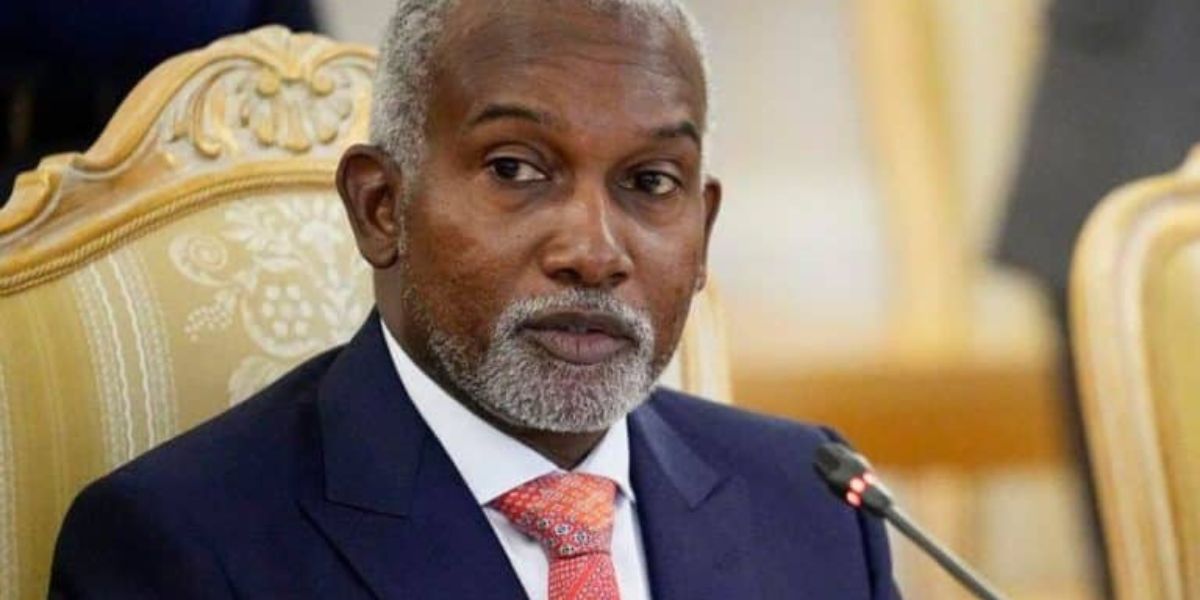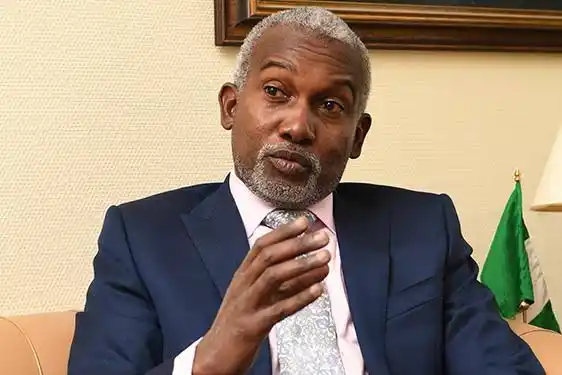
The Nigerian Federal Government has reaffirmed its stance against using foreign mercenaries to tackle the nation’s security challenges, describing such measures as unsustainable.
Instead, the government is focusing on fostering partnerships to localize the production of military equipment, particularly through collaborations with China, to minimize dependency on imports and the associated delays.
According to reports, this position was emphasized on Thursday during a joint press conference held at the Presidential Villa in Abuja. The event featured Nigeria’s Minister of Foreign Affairs, Ambassador Yusuf Tuggar, and his Chinese counterpart, Wang Yi, who was in Nigeria on an official visit to strengthen bilateral relations.

The visit underscores the deepening ties between Nigeria and China, as both countries reiterated their shared commitment to enhancing regional security and driving economic growth through strategic partnerships.
During the briefing, Ambassador Tuggar stated that relying on private military contractors, regardless of their origin, is not a sustainable solution to Nigeria’s security concerns. He highlighted Nigeria’s leadership role in fostering peace and security across Africa and called for cooperative efforts within the continent.
“We are committed to working with partners like China to localize the production of military hardware,” Tuggar said. “This approach will eliminate unnecessary delays and enable us to achieve self-sufficiency in meeting our security needs.” He also stressed the importance of developing both kinetic and non-kinetic military capabilities domestically.
Wang Yi’s visit builds on President Bola Tinubu’s earlier state visit to China in 2024, which paved the way for greater collaboration in economic and political areas. Discussions during the visit included agreements on energy, agriculture, infrastructure, and petrochemical development.
The Chinese Foreign Minister lauded Nigeria’s leadership in Africa and welcomed the nation’s plans to issue panda bonds under the bilateral currency swap agreement, initially established in 2018 between the Central Bank of Nigeria and the People’s Bank of China, with a value of CN¥15 billion.
Wang Yi also encouraged Nigeria to explore opportunities for issuing panda bonds—renminbi-denominated bonds in China’s domestic market—highlighting their potential to fund critical infrastructure projects, such as railway modernization.





